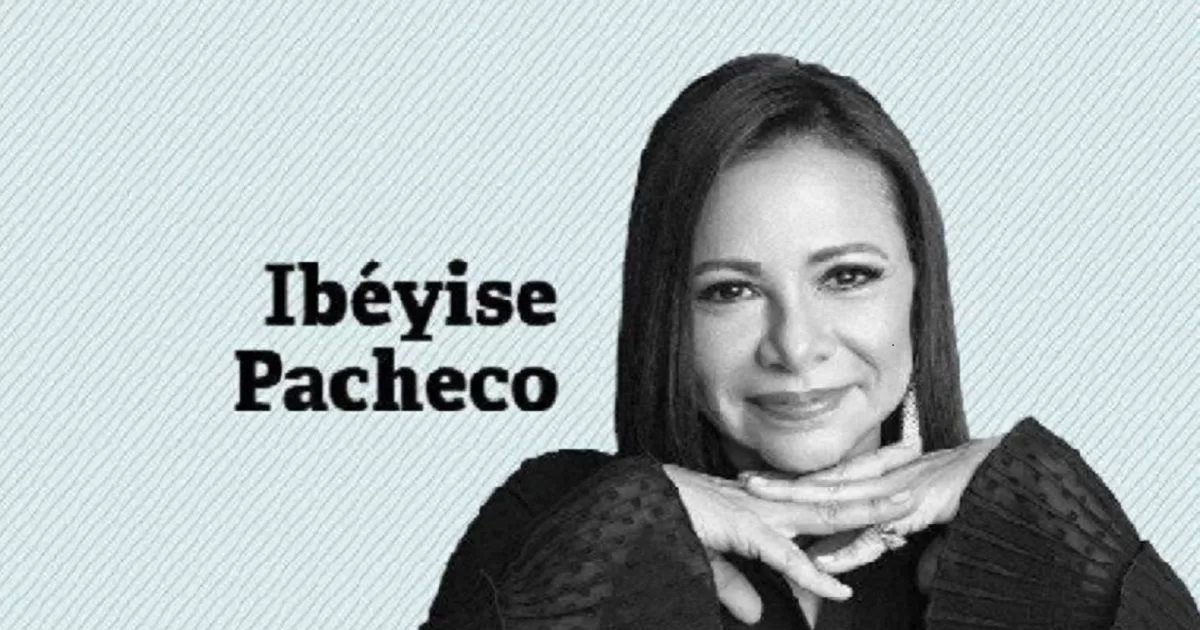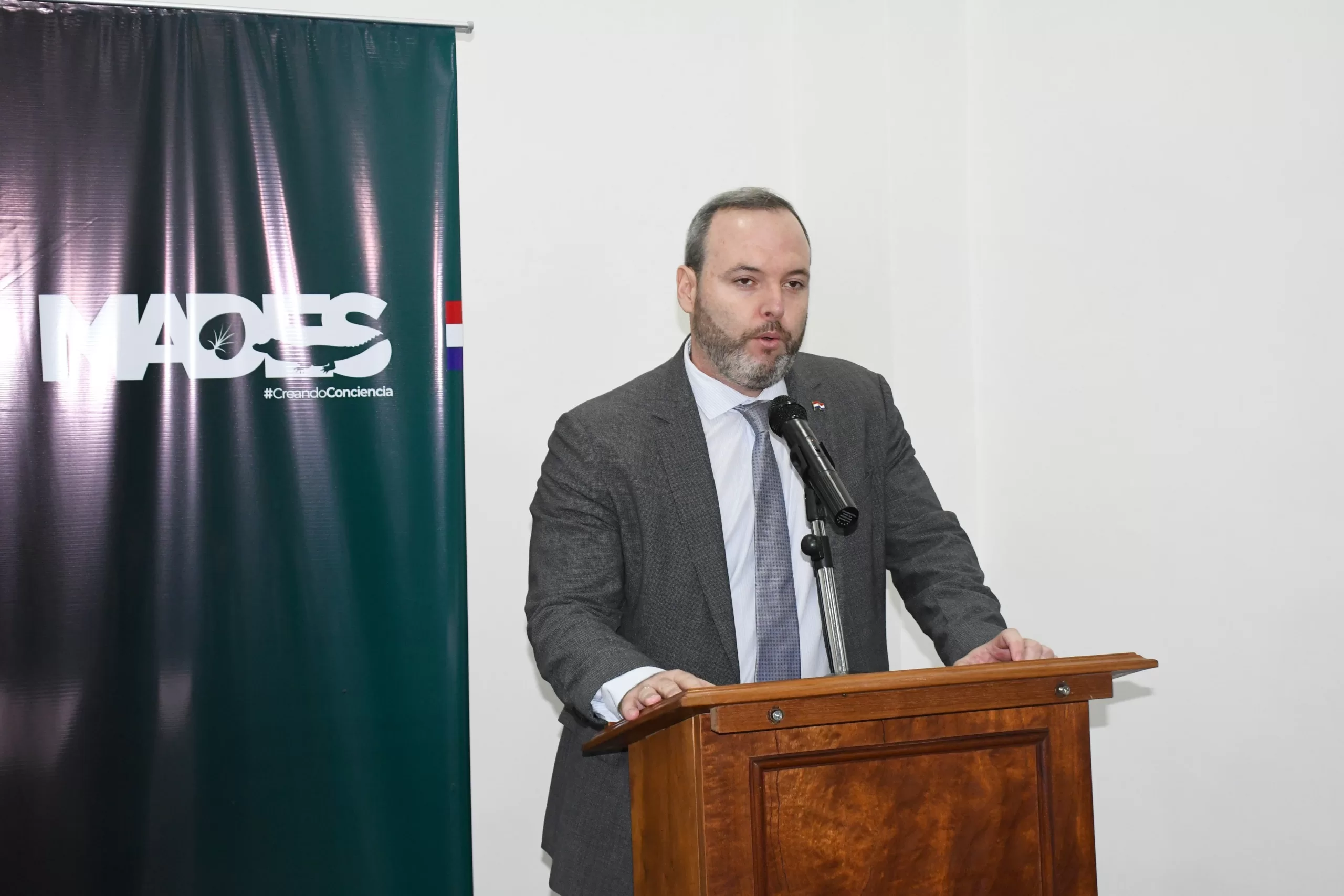Last Sunday’s simulation was the last straw for Nicolás Maduro, who was already quite worried about the impressive mobilizations around María Corina Machado. The unofficial accounting issued by the government regarding the simulation projects a participation of just over a million and a half Venezuelans – almost all of whom voted under duress – and some, perhaps many, voted for the opposition candidate Edmundo González Urrutia. In any case, the number of voters was abysmally lower than the expectations of Miraflores and the needs of Maduro to be able to stay in power.
So Maduro’s Plan B became urgent. And Maduro the rooster became a chick asking the United States to be heard under the former mediation of Qatar.
The question is, what will he offer the Americans to get their support to keep power? It is taken for granted that Maduro is willing to swear that he will win the elections and offer to be a president who will preside over a government of national unity, but fulfilling that promise will be impossible because he lacks popular support, or worse, the majority of Venezuelans detest him. In addition, his word is devalued: he does not keep his promise.
The situation in the country is different. Now the Venezuelan people are empowered and determined to expel the tyrant from Miraflores.
Previously and for some time, the dictatorship maintained the option of Qatar until it disqualified Maria Corina Machado, once again violating the agreements made. Meanwhile, in different parts of the world, especially in the United States, an expensive lobby accompanied by ubiquitous businessmen, cronies and other opportunists, has been in charge of whitewashing the tyrant, trying to convince the free world that people love him, while, on the contrary, his unpopularity is massive and overwhelming. Anyone who doubts this should enjoy the replay of the soccer match between Venezuela and Jamaica in the Copa America held in Austin, Texas, to understand that hatred towards the tyrant is material for display outside our borders.
However, some questionable media outlets and local and American “specialists” have repeatedly exposed the possibility of a Maduro victory. For the vast majority of Venezuelans, this is an offensive analysis that ignores reality and disrespects the pain and decision to expel him.
The regime has made a mistake in its strategy. Its first major defeat was the organization of the opposition primary elections that solidified the leadership of María Corina Machado, a candidate who broke the mold, turning out to be a tireless, enormously charismatic woman, a generator of empathy and with great flexibility in politics. María Corina’s leadership has multiplied the intention to vote, and most importantly, has activated people to organize and defend their vote.
Maria Corina has made the return of democracy possible and has given birth to the dream of family reunification with the return to the homeland of millions of Venezuelans. Her disqualification was of no use to the dictatorship. They were wrong, they underestimated her. The regime also failed to evaluate the opposition leadership and bet that it would fracture, so it has had to settle for the openly priced scorpions and the resulting uselessness.
The dictatorship, from the isolation of its power, also underestimated the citizens, calculating that it could indefinitely keep them in misery with occasional alms, bent under the yoke of fear. It is not for nothing that the number one star in the recent promotions in the Armed Forces is the torturer, now Colonel Alexander Granko Arteaga. But it did not work out for them either. The minimization of fear is one of the most important achievements in this struggle.
Venezuelans are fed up and feel that they have nothing to lose, so they have taken a civic and firm step against anyone who tries to hinder their exercise of citizenship. Nothing has altered their decision to vote. This has disarmed the dictatorship, which has run out of arguments against its attempt to involve the opposition in conspiracies.
Maduro cannot convince anyone that he has a majority. And it is very difficult for some governments that raise the flag of democracy to support a leader who refuses to call free elections. Where will the United States stand? Will it take a position without listening to the people and therefore the opposition leadership?
In any case, the will of millions of Venezuelans must render irrelevant any statement, decision or agreement that goes against a free election on July 28 that will allow them to exercise the right to elect their president.
In recent weeks, a town has shown itself to be determined. Defiant. If a gap is made on the road to prevent traffic to the María Corina concentration, it will complete the journey on foot. And it is possible that, without saying so, that same decision will support the members of the Armed Forces, only they have not yet had the opportunity to have it respected.




